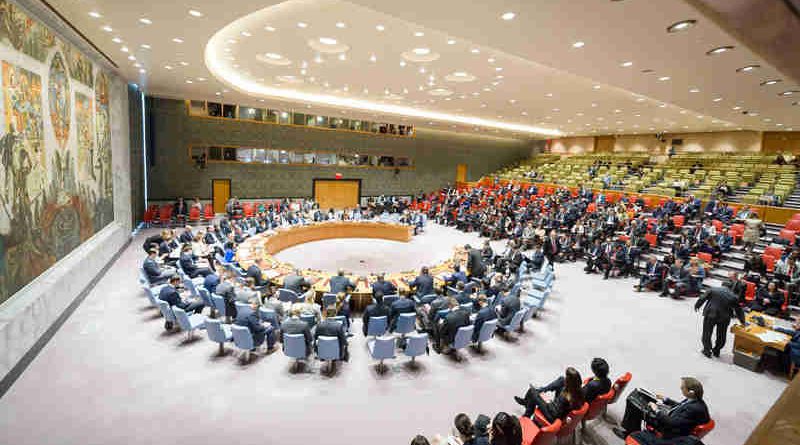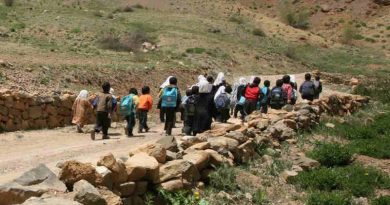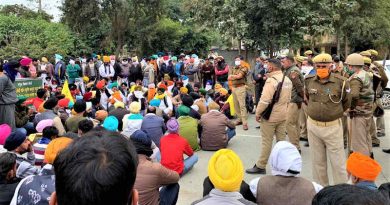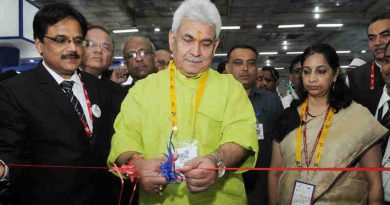UN Security Council Ready to Discuss Kashmir Issue
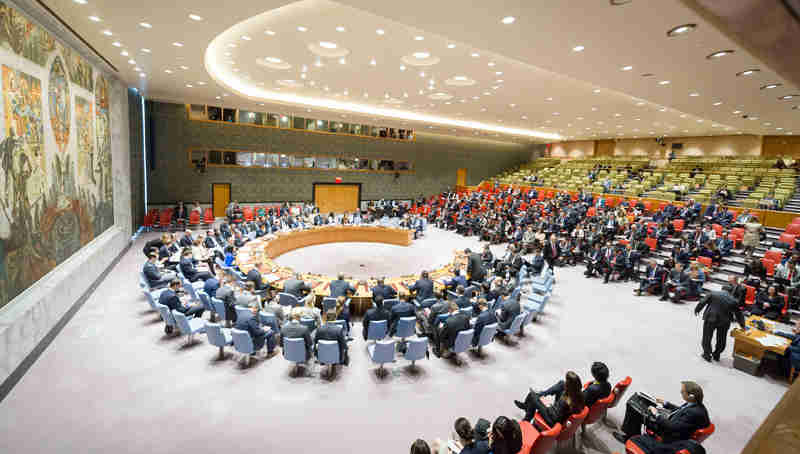
The UN Security Council has resolved that a plebiscite should be held to determine the future of the Muslim-dominated Kashmir.
By Rakesh Raman
The UN Security Council (UNSC) has decided to hold a meeting today (August 16) to discuss the controversial Kashmir issue, which has resulted in escalated military tension between India and Pakistan.
Poland, which currently holds the UNSC’s rotating presidency, has listed the matter for discussion at 10:00 am (7:30 pm IST). The meeting has been convened on request from Pakistan supported by China, which is a permanent UNSC members along with France, Russia, the United Kingdom, and the United States.
While India has been insisting that Kashmir is its integral part, the UN has repeatedly asserted that Kashmir is a disputed territory between India and Pakistan. The UN has also deployed a UN Military Observer Group in India and Pakistan (UNMOGIP) to observe and de-escalate the tension between the two countries.
In the past, UNSC has adopted several resolutions in 1948 and in the 1950s over Kashmir. The Security Council has resolved that a plebiscite should be held to determine the future of the Muslim-dominated Kashmir.
Related Articles
[ BBC Defends Its Reporting on Violence in Kashmir ]
[ Imran Khan Warns of Nuclear War with India ]
[ UN Chief Concerned over Human Rights Violations by India in Kashmir ]
[ Kashmir Conflict: Modi Critic Shah Faesal Arrested ]
[ Kashmir Dispute: Pakistan to Move the International Court of Justice ]
The plebiscite will give the right to self-determination to the people of Kashmir and allow them to decided if they want to live with India or Pakistan, or live independently in a separate state of Kashmir.
Earlier, on August 5, the Indian government headed by Prime Minister (PM) Narendra Modi had abruptly abrogated Article 370 of the Constitution that ensured special privileges for the people of Kashmir.
Although the Kashmir issue is internationally recognized as a bilateral issue between India and Pakistan, Modi government has claimed that the change of the constitutional status in Kashmir is its internal matter in which Pakistan cannot interfere.
The international community believes that the Modi government has violated the international norms and UN resolutions to forcibly take control of a territory that does not belong to India.
Of late, UN Secretary-General António Guterres urged the enemy countries to exercise maximum restraint and resolve the Kashmir issue with peaceful means. He also has expressed his concern over reports of restrictions on the Indian side of Kashmir, which – he said – could exacerbate the human rights situation in the region.
As large-scale violence is expected against the Indian government’s abrupt decision to change the status of J&K, authorities have suspended Internet, mobile services and banned public gatherings in Srinagar area of Kashmir. In Srinagar city, there is said to be a total communications blackout.
In a despotic move, the Modi government has also arrested a slew of local leaders who oppose the Indian government. The entire region is now under the control of heavily armed Indian security forces.
It is stated that India has deployed nearly 900,000 security people to control unarmed Kashmiris, and nearly 80,000 civilians have been killed in the conflicts during the past 7 decades.
By Rakesh Raman, who is a national award-winning journalist and social activist. He is the founder of a humanitarian organization RMN Foundation which is working in diverse areas to help the disadvantaged and distressed people in the society. He also creates and publishes a number of digital publications on different subjects.


